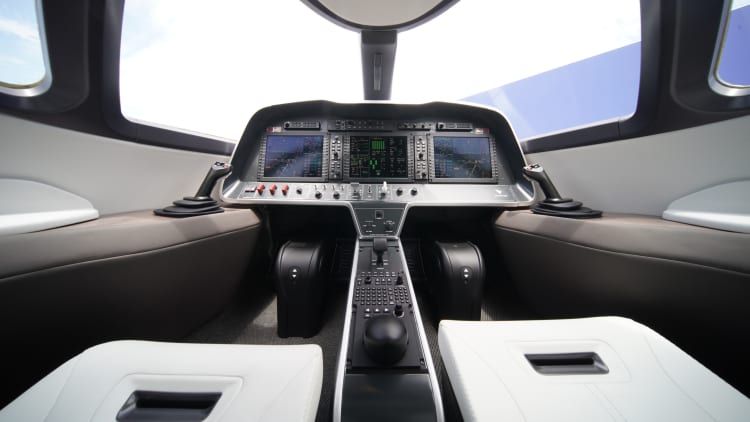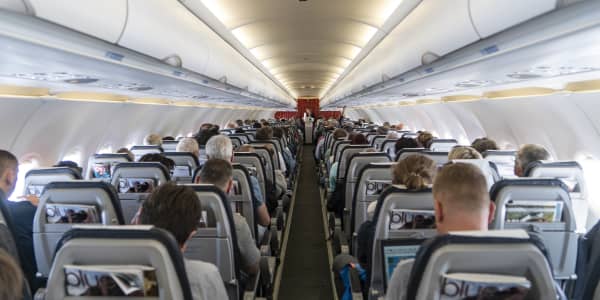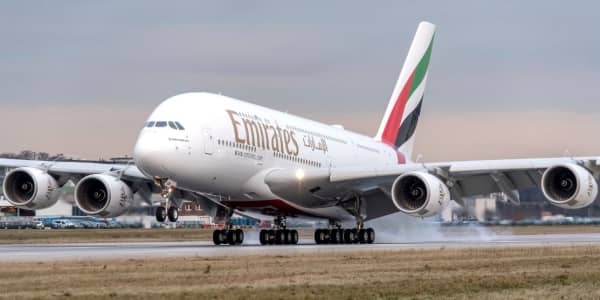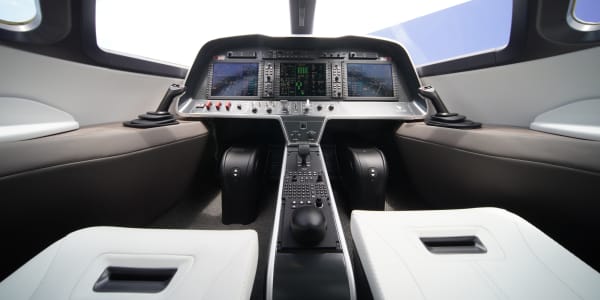EasyJet, the British low-cost carrier, says it will start using electric aircraft by 2027, according to the company's head of engineering, Gary Smith.
"Everyone's saying this is going to happen and it's just a question of when. I've come from a time when electric aircraft was impossible, but now we've turned that corner."
The airline is working with American start-up Wright Electric to build electric planes for regular services that fly distances of less than 300 miles.
"There's a tremendous demand for lower emissions aviation among consumers and also among airlines. Lower fuel consumption means lower costs as well." Wright Electric CEO Jeff Engler said.
"That's one of the nice things about this space. The environmentalists and technology people are very aligned because everybody wants to lower fuel consumption."
The fuel bill for the global airline industry last year was estimated to have totaled $180 billion. In 2019, the fuel bill is forecast to rise to $206 billion, accounting for 25% of airlines' operating expenses.
Electric planes would also have zero emissions, in an industry which produces around 2% of all human induced carbon dioxide emissions, along with less vibration and lower noise.
However, according to Eviation, the Israeli company that created the Alice, the world's first commercial all-electric passenger aircraft, it's the economic benefits that are driving the development of electric planes.
"It makes economic sense." said CEO Omer Bar-Yohay.
"This plane will cost $200 of flight hour to operate, a fraction of what a similarly sized and similar performance aircraft would cost to operate, and this is the reason we started the company."
U.S. regional carrier Cape Air has already put in a "double digit" order for the Alice plane.
But there are still a number of challenges. The Alice for example holds just nine passengers and two crew members and its maximum flight distance is 650 miles on a single charge, roughly the distance between Paris and Barcelona. Popular planes used for short-haul flights, such as the Airbus A320 and the Boeing 737, can easily seat more than 100 passengers and cover over 1,000 miles.






